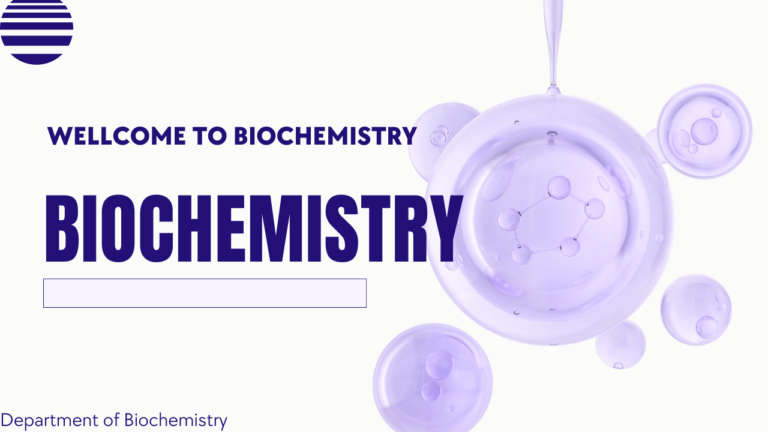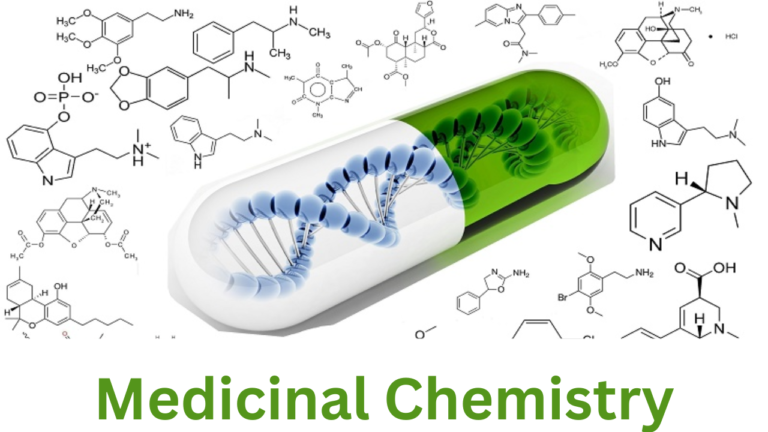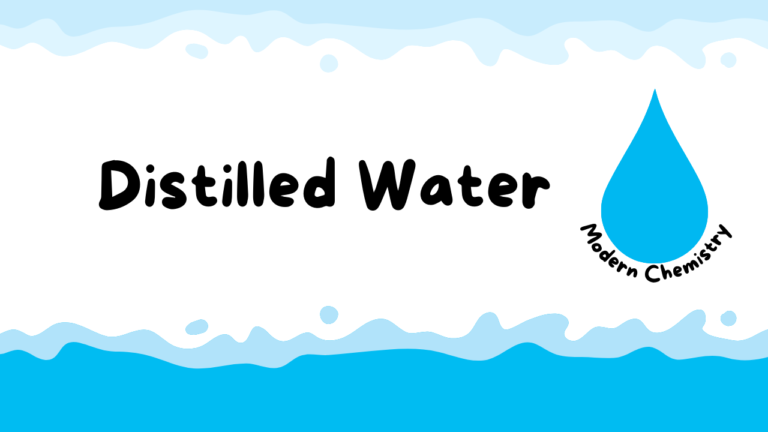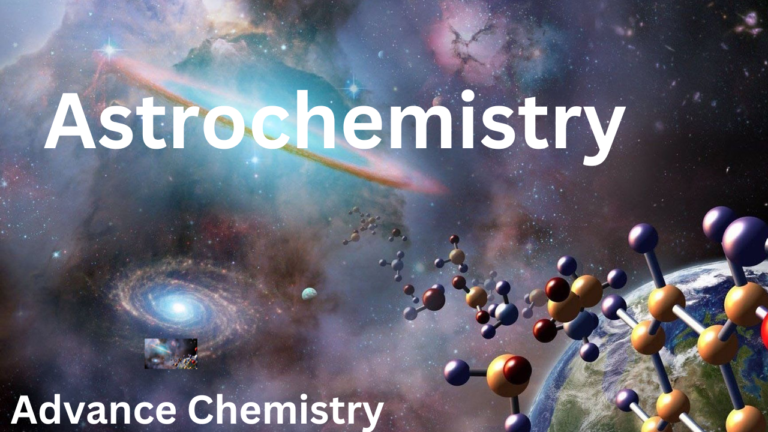Nuclear Chemistry:Modern
Nuclear chemistry is a fascinating branch of chemistry that delves into the study of atomic nuclei and their reactions. This field has incredible importance in various aspects of our lives, from energy production to medical treatments. In this article, we’ll explore what nuclear chemistry is, how it works, and why it matters. We’ll keep things simple and easy to understand, making it perfect for young learners and curious minds alike.
What is Nuclear Chemistry?
Nuclear chemistry focuses on the changes that occur within the nucleus of an atom. Unlike regular chemistry, which involves the interactions of electrons around the nucleus, nuclear chemistry is all about the protons and neutrons within the nucleus. These reactions can release or absorb a huge amount of energy.
Atomic Structure
Atoms are the building blocks of everything around us. They consist of a nucleus, made up of protons and neutrons, surrounded by electrons. The number of protons in the nucleus defines the element, while the number of neutrons can vary, creating different isotopes of the same element.

Isotopes and Their Importance
Isotopes are atoms of the same element that have different numbers of neutrons. For example, Carbon-12 and Carbon-14 are isotopes of carbon. Isotopes play a crucial role in nuclear chemistry, especially in areas like radioactive dating and nuclear medicine.
Radioactivity
Radioactivity is the process by which unstable atomic nuclei lose energy by emitting radiation. This radiation can be in the form of alpha particles, beta particles, or gamma rays. Radioactive decay helps scientists understand the age of ancient artifacts and rocks.
Types of Radioactive Decay
There are three main types of radioactive decay: alpha, beta, and gamma. Alpha decay releases an alpha particle, which consists of two protons and two neutrons. Beta decay transforms a neutron into a proton while releasing an electron. Gamma decay releases energy in the form of gamma rays, without changing the number of protons or neutrons.
Nuclear Fission
Nuclear fission is the process of splitting a heavy atomic nucleus into two lighter nuclei, releasing a large amount of energy. This is the principle behind nuclear power plants, where the energy from fission reactions is used to generate electricity.
Nuclear Fusion
Nuclear fusion is the process of combining two light atomic nuclei to form a heavier nucleus. This process releases even more energy than fission and is the power source of the sun and other stars. Scientists are working to harness fusion for clean and virtually limitless energy.
Applications of Nuclear Chemistry
Nuclear chemistry has numerous applications in our daily lives. In medicine, it helps in diagnosing and treating diseases through techniques like PET scans and radiation therapy. In industry, it’s used for material analysis and improving product quality.
Nuclear Medicine
In nuclear medicine, radioactive isotopes are used to diagnose and treat illnesses. For example, iodine-131 is used to treat thyroid cancer, while technetium-99m is used in imaging to diagnose various conditions.
Nuclear Energy
Nuclear energy is a powerful source of electricity. Nuclear power plants use fission reactions to generate heat, which then produces steam to turn turbines and generate electricity. It’s a clean energy source that doesn’t produce greenhouse gases.
Safety in Nuclear Chemistry
Safety is paramount in nuclear chemistry. Strict regulations and safety protocols are in place to protect workers, the public, and the environment from radiation exposure. Advances in technology continue to improve the safety of nuclear energy and medicine.
Environmental Impact
While nuclear energy is clean, it does produce radioactive waste that must be carefully managed. Scientists are working on ways to minimize this waste and safely store it for long periods.
The Future of Nuclear Chemistry
The future of nuclear chemistry looks promising, with ongoing research into fusion energy, which could provide a nearly limitless source of clean energy. Advances in medical applications continue to improve patient outcomes and expand the possibilities of treatment.
Careers in Nuclear Chemistry
A career in nuclear chemistry can be exciting and rewarding. Nuclear chemists work in various fields, including energy, medicine, environmental science, and research. It’s a field that offers the opportunity to make significant contributions to society.
Conclusion
Nuclear chemistry is a vital field with numerous applications that impact our daily lives. From generating clean energy to diagnosing and treating diseases, the contributions of nuclear chemistry are immense. As we continue to explore and understand atomic nuclei, the potential for new discoveries and advancements remains limitless.
In summary:
- Nuclear chemistry focuses on atomic nuclei and their reactions.
- Atoms consist of a nucleus with protons and neutrons.
- Isotopes have different numbers of neutrons.
- Radioactivity involves the emission of radiation from unstable nuclei.
- Nuclear fission splits heavy nuclei, releasing energy.
- Nuclear fusion combines light nuclei, releasing more energy.
- Applications include medicine, energy, and industry.
- Safety and environmental management are crucial.
- Future research aims at clean fusion energy.
- Careers in nuclear chemistry offer exciting opportunities.
Nuclear chemistry is a powerful field that continues to shape our world in countless ways. By understanding the basics, we can appreciate the significant role it plays in science and society.






